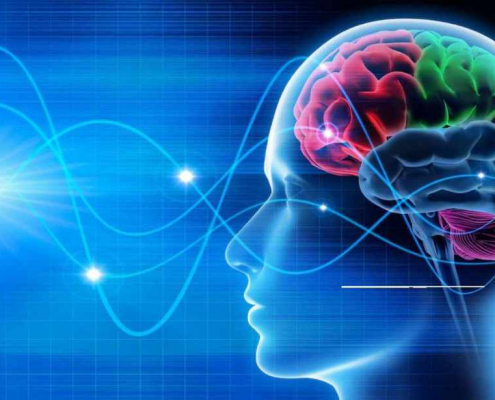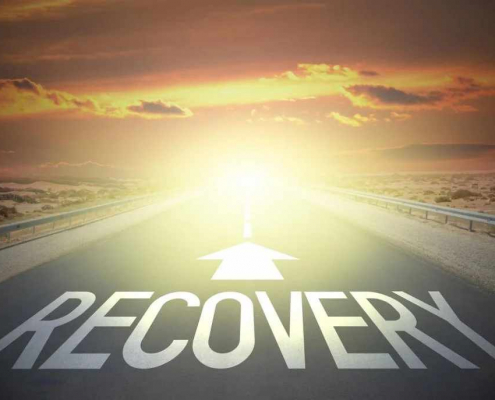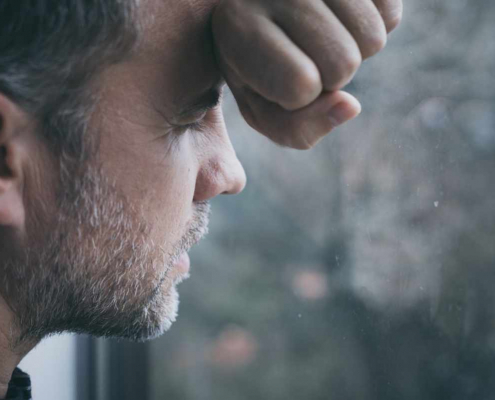
Seizures and Alcohol Intoxication
Addiction, Alcoholism, Blog, NewsWhat Does An Alcoholic Seizure Look Like?
The dangers of seizures and alcohol intoxication are very real. Learn about alcohol poisoning and the risk of seizures.
When it comes to the health risks posed by substances of abuse, the dangers…

Getting Help for Crippling Alcoholism
Addiction, Alcoholism, BlogWhat Is Crippling Alcoholism?
If you or a loved one suffer from a severe alcohol use disorder, it is crucial to get help for the crippling alcoholism as soon as possible.
For half a century, alcoholism has been defined as a disease. As a…

Need to Stop Drinking Alcohol
Addiction, Alcoholism, Blog, NewsExcessive drinking can wreak havoc on your life. Learn 5 reasons why you need to stop drinking alcohol now.
How many times have you kicked yourself after indulging in a night of heavy drinking? You may feel so awful you question whether you…

Self-Medicating with Alcohol
Addiction, Alcoholism, Blog, NewsIs Self Medicating a Form of Addiction?
When you suffer from depression or anxiety and end up self-medicating with alcohol, it only makes things worse.
For someone struggling with a mental health issue, alcohol can feel like a godsend. The…

What Causes Alcohol Withdrawal Seizures?
Addiction, Alcoholism, Blog, NewsCan Alcohol Withdrawal Cause Seizures?
When someone takes that first brave step toward sobriety, it’s a cause for celebration. After all, each year more than 88,000 deaths are attributed to alcohol use disorder (AUD). There is a great risk,…

Finding Urgent Help for Alcoholics
Addiction, Alcoholism, Blog, NewsHow To Help An Alcoholic
Learning how to find urgent help for alcoholic for a loved one, or yourself, when alcohol use disorder spins out of control.
It is painful to watch someone you love being damaged by a drinking problem. Alcoholism…

